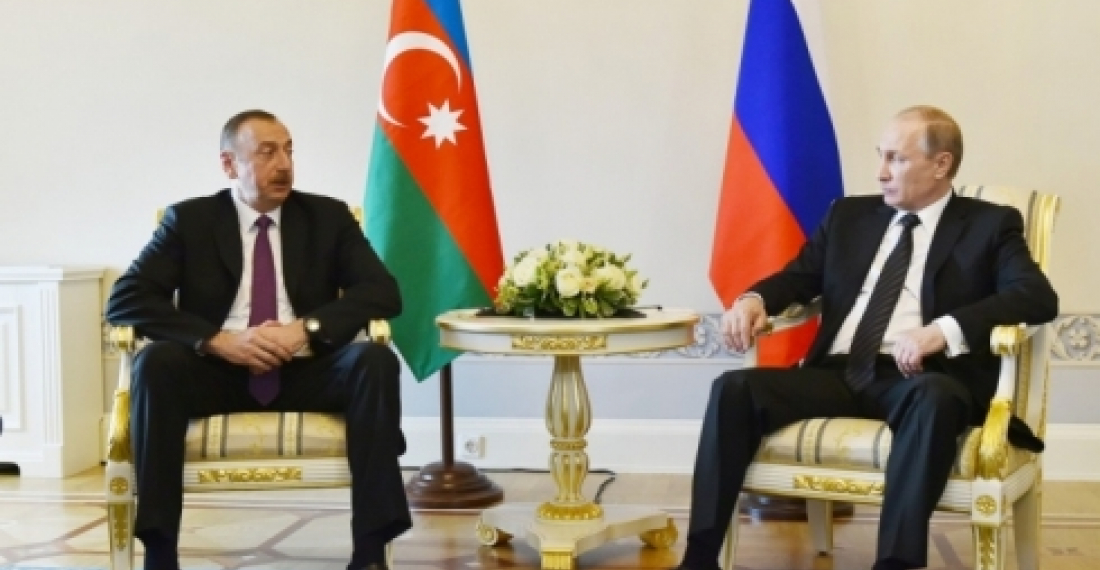В понедельник, в Санкт-Петербурге, состоялась встреча президента Азербайджана Ильхама Алиева с его российским коллегой, в преддверии трехсторонней встречи с президентом Армении.
"Как заявляла Россия и другие сопредседатели Минской группы ОБСЕ, статус-кво неприемлем. Мы эти заявления полностью поддерживаем, но для того, чтобы был изменен статус-кво, нужно начало деоккупации территорий Азербайджана, которые более двадцати лет находятся под оккупацией", - сказал Президент Ильхам Алиев, цитирует агентство Trend.az
Ранее в тот же день, Путин провел встречу с президентом Армении Сержем Саргсяном. Встреча трех президентов состоится сегодня, но чуть позднее. Это будет первая встреча Саргсяна и Алиева после встречи 16 мая в Вене.
Путин в ходе разговора затронул недавние экономические трудности в отношениях между двумя странами. "Проблема, для которой мы собрались, известна - это доставшаяся нам от прежних времен карабахская проблема, но я хотел бы воспользоваться нашей встречей для того, чтобы поговорить и о наших двусторонних отношениях", - сказал Путин. "В силу известных нам причин, к сожалению, мы наблюдаем определенный спад товарооборота", - сказал Путин.
источник: commonspace.eu по материалам агентств
фото: Путин и Алиев, фото любезно предоставлено APA.az






